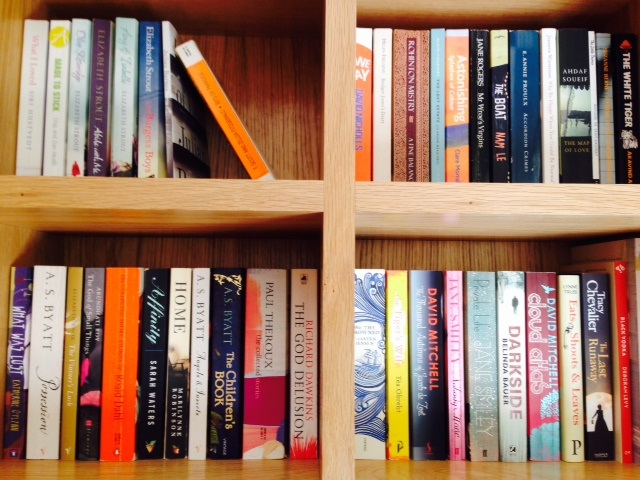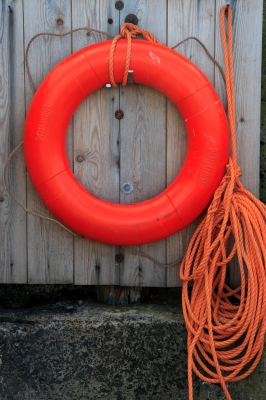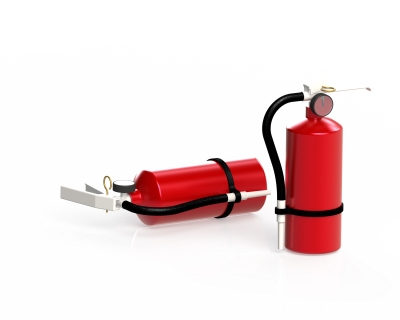Tag Archives: Relationships
What’s The Story?
The Drama Triangle – Understanding Communication Breakdown

In 1968, Stephen Karpman first referred to the Drama Triangle model as a means of describing and analysing human interaction. Karpman’s ideas often prove useful in helping us identify the roles we ourselves play when stuck in unhelpful repeating patterns of communication with others – and how to step out of those roles.
Authenticity – What Is It And Do I Want It?

Authenticity is a term that is often bandied around by counsellors and psychotherapists as something worth having. But just what does it mean in the context of counselling and psychotherapy and what are the implications of trying to get it? For me, authenticity involves being true to one’s own beliefs,…








